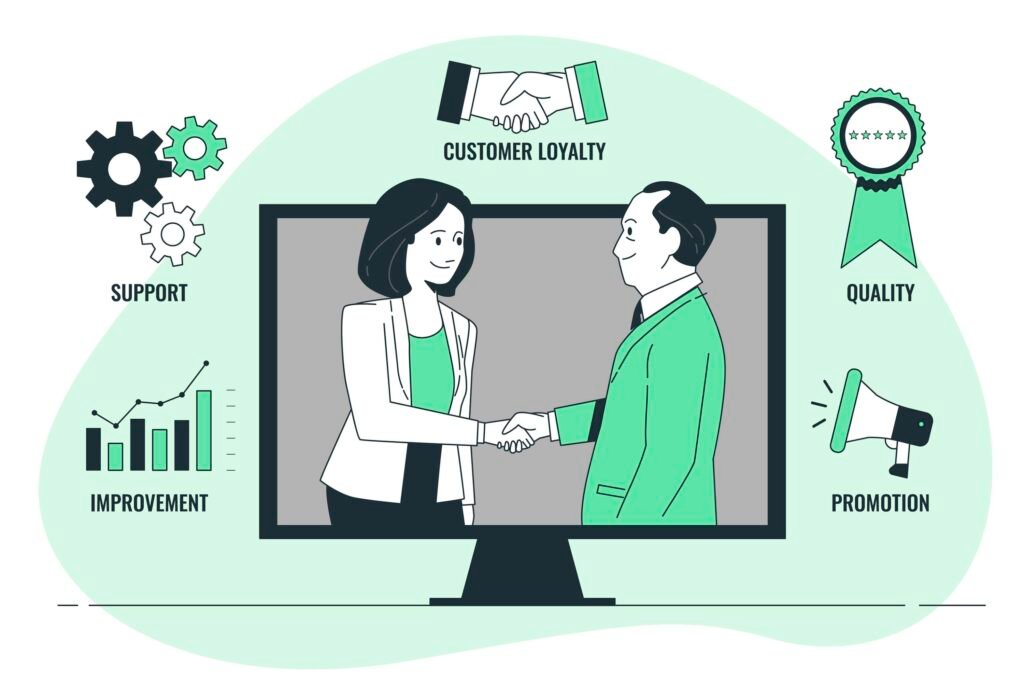In the dynamic landscape of business interactions, the terms “customer” and “client” are often used interchangeably, yet they carry distinct connotations that shape the nature of commercial relationships. Understanding these subtleties is pivotal for enterprises seeking to forge meaningful connections and deliver tailored experiences. This article delves into the nuances that differentiate customers from clients, shedding light on their implications for business strategies, engagement models, and lasting partnerships.
What is a Customer?
A customer is an individual or entity that purchases goods or services from a business. Customers engage in transactions with businesses, seeking products or services to fulfill their immediate needs or desires. The relationship between a customer and a business is often more transactional and short-term in nature. Customers may make one-time purchases or sporadic transactions, and their engagement is primarily focused on obtaining the products or services they require.
What is a Client?
A client, on the other hand, refers to an individual or organization that maintains an ongoing and often more complex relationship with a business. Clients typically engage in repeated interactions and transactions with the business over an extended period of time. This relationship is characterized by a higher level of engagement, collaboration, and a deeper understanding of the client’s specific needs. Businesses often provide personalized solutions and services to their clients, tailoring their offerings to meet the client’s evolving requirements. The client-business relationship is often built on trust, communication, and mutual benefit, with an emphasis on achieving long-term goals and sustained success.
Comparison between Customer and Client

| Aspect | Customer | Client |
|---|---|---|
| Relationship | Transactional, short-term interactions | Ongoing, long-term business relationship |
| Engagement | Limited engagement with the business | High level of engagement and interaction |
| Expectations | Focus on products/services purchased | Requires more personalized solutions |
| Loyalty | Less likely to have brand loyalty | Likely to have strong brand loyalty |
| Feedback | May provide feedback occasionally | Regularly provides feedback for improvement |
| Relationship | Less personalized interaction | More personalized interaction |
| Scope of Work | Generally limited to a single purchase | Involves multiple projects or services |
| Investment | Lower financial investment | Often involves higher financial commitment |
| Customization | May not require customized solutions | Requires customized solutions |
| Collaboration | Limited collaboration with the business | Collaborates closely for mutual success |
